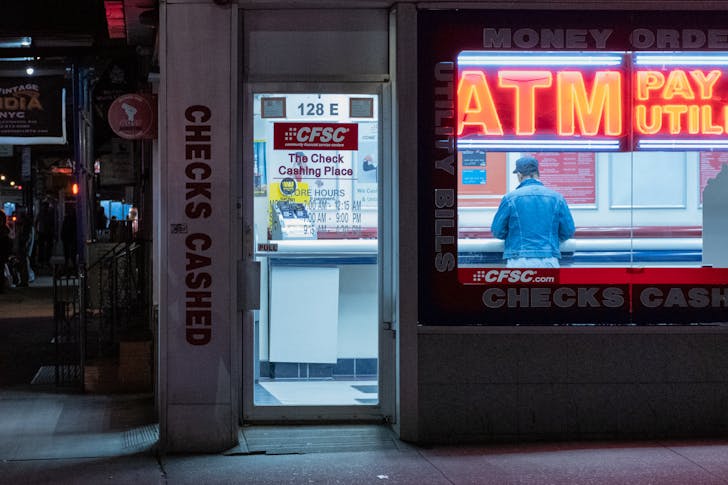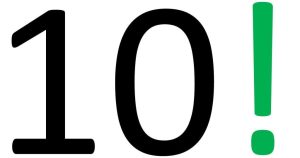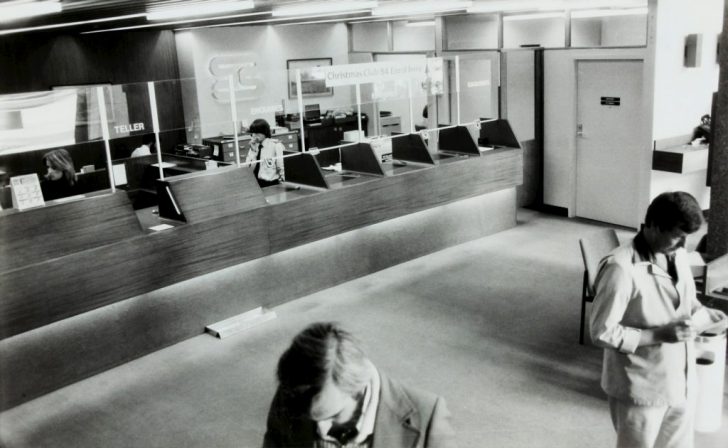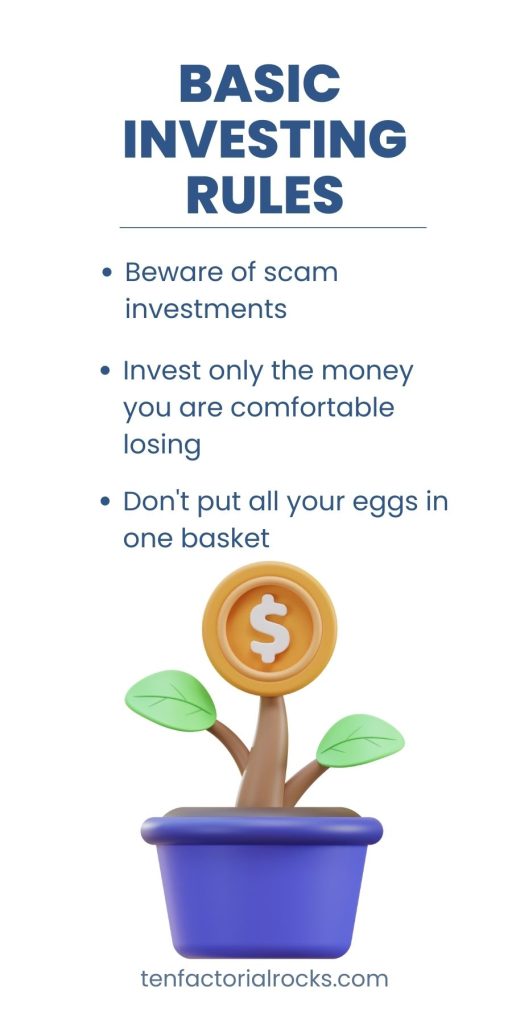Have you ever found yourself holding a paper check but without a bank account to deposit it into? It might seem like a tough spot to be in, but fear not! Cashing a check without a bank account is entirely feasible, and many people find themselves in this situation. This article will explore how to cash a check without a bank account.
How to Cash a Check Without a Bank Account
If you're wondering how to cash a check without a bank account, you have several options at your disposal. While it might not be as straightforward as walking into your own bank, it's certainly manageable with a bit of know-how. Here’s how to cash a check without a bank account but you have ID:
Cashing at the Issuing Bank
The first and often simplest option is to visit the bank that issued the check. The name of the bank should be pre-printed on the check itself. At the issuing bank, you can present the check for cashing. It’s important to remember that while this method is direct, the bank may charge a nominal fee, especially if you are not an account holder there.
Retail and Check-Cashing Stores
Another route is to visit a retailer or a check-cashing store. Many large retail chains, such as discount department stores or grocery stores, offer check cashing services. Similarly, dedicated check-cashing stores are equipped to handle a variety of checks, including personal, payroll, and government checks. Both options will incur fees, which vary depending on the size of the check.
Using Prepaid Debit Cards
If regular visits to cash checks sound cumbersome, consider using a prepaid debit card. Some prepaid cards allow you to deposit checks directly through ATMs or mobile apps. This option converts your check into digital funds on your card, which you can use like any debit card. Be aware, however, that there may be fees for card activation, reloading, and maintenance.

RDNE Stock project | Pexels | Prepaid cards allow you to deposit checks directly through ATMs or mobile apps.
The Cost of Cashing Checks
While these methods are helpful, they do come with costs. Fees can add up quickly, especially if you regularly receive checks. For someone earning $300 a week, even a $7 fee for cashing each paycheck translates into about 2% of the total paycheck—costing around $360 annually just in fees!
Why Consider Opening a Bank Account?
In light of these fees, opening a bank account can be a financially wise decision. With a bank account, you can deposit checks for free, set up direct deposits with your employer, and potentially avoid the hassle and costs associated with cashing checks externally. Most banks offer basic checking accounts with low or no monthly fees, which could save you money in the long run.
Do You Need an ID to Cash a Check?
Typically, cashing a check requires identification. Banks and check-cashing services do this to protect against fraud. If you find yourself without ID, options are limited but not non-existent. You could deposit the check through an ATM if you have a bank account or even sign the check over to someone you trust who can cash it for you. Remember, the latter option requires that both parties are present to verify the transaction to prevent fraud.

Alexandros Chatzidimos | Pexels | You could deposit the check through an ATM if you have a bank account.
Conclusion
Cashing a check without a bank account might involve navigating a few extra steps and paying some fees, but it’s definitely achievable. By understanding your options and the associated costs, you can make informed decisions that align with your financial goals and circumstances.


